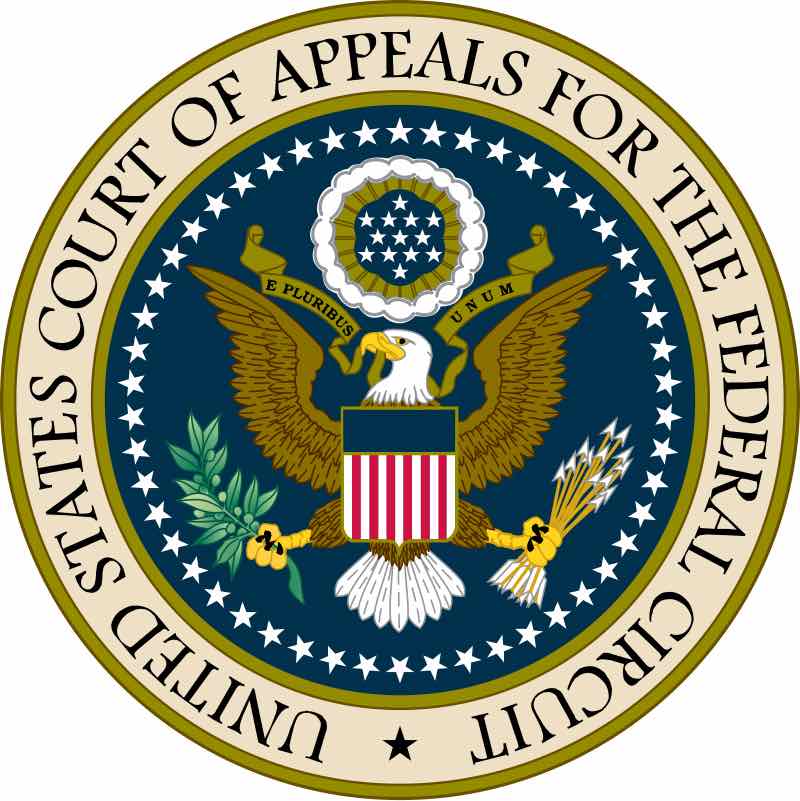The United States Court of Appeals for the District of Columbia has upheld Judge Amit P. Mehta’s decision ordering the U.S. Food and Drug Administration’s (FDA) Deeming Rule to be vacated. The Deeming Rule defined regulations for how the FDA would regulate premium cigars. The appeal by the FDA was in response to victory in a lawsuit filed by the three trade organizations: Cigar Association of America (CAA), Cigar Rights of America (CRA), and the Premium Cigar Association (PCA).
In July 2022, Judge Mehta ruled the FDA’s decision to not exempt premium cigars from regulation on the Final Deeming Rule was arbitrary and capricious. Mehta asked the cigar industry and FDA to prepare briefings before deciding on a remedy. Last month, Judge Mehta said that the FDA’s briefing was not strong enough and ordered the Deeming Rule to be vacated. An appeal was filed by the DOJ (Department of Justice) for the FDA. The decision was unanimous among appellate court judges Patricia Millet, Florence Pan, and Arthur Raymond Randolph.
In addition to upholding the vacating of the Deeming Rule, there are three other takeaways.
- User Fees paid by cigar companies are not refundable.
- The U.S. District Court for the District of Columbia must decide on a definition of a premium cigar.
- The FDA can still develop rule-making around regulating premium cigars, but it must start at square one.
User Fees
In regards to refunding user fees, the appellate court stated in their decision:
Contrary to the FDA’s contention, however, the presence of a user fee system in itself does not automatically require remand without vacatur. American Great Lakes and Allied-Signal indicate that when vacating would disturb “settled transactions,” this is a factor in favor of remand without vacating. Here, this is a factor we need not consider. We read the district court’s relief as applying only prospectively, without requiring an unwinding of past transactions.
In short, the district court did not abuse its discretion in vacating the FDA’s Rule as applied to premium cigars, provided that the relief does not permit refunding past user fee payments.
Definition of a Premium Cigars
The Appellate Court pointed out the many inconsistencies in the definition of a premium cigar. As a result, it has ordered the U.S. District Court for the District of Columbia (Judge Mehta) to settle this.
FDA Rule-Making
The decision does not remove the FDA’s power to regulate premium cigars. Instead, it disqualifies the rules the agency has developed. Any new rules the agency develops would be subject to the new definition of a premium cigar.
“This is another affirmation of FDA’s missteps regarding the regulation of premium cigars and the necessity of this lawsuit,” said Joshua Habursky, the Executive Director of PCA, in a statement following the decision. “There are still procedural items ahead, but the biggest question on the Deeming Rule is a significant victory.”
“I would like to thank our counsel, Michael Edney, PCA government affairs staff, and our stakeholder partners for supporting this lawsuit and securing this victory,” added Scott Regina, President of the Premium Cigar Association.
“We are encouraged by the court’s acknowledgment that the FDA’s previous approach to regulating premium cigars was fundamentally flawed, and we are deeply grateful for this favorable ruling. This decision underscores the critical need for a clear and appropriate federal definition of premium cigars to ensure future regulations accurately reflect their unique characteristics,” said Mike Copperman, Executive Director of Cigar Rights of America.
“This is a great victory for the cigar industry,” said Cigar Association of America Chairman Javier Estades. “CAA is very proud to have led as the named plaintiff in this case and to have worked alongside our partners at the Premium Cigar Association and the Cigar Rights of America for this outcome.”
“After so many years of hard work, it is a wonderful day for the cigar industry,” added CAA President Scott Pearce. “CAA has long argued that a proper definition will yield the stable – and fair – regulatory environment that manufacturers, retailers and consumers deserve.”
The details of the decision by the appellate court can be found here.





